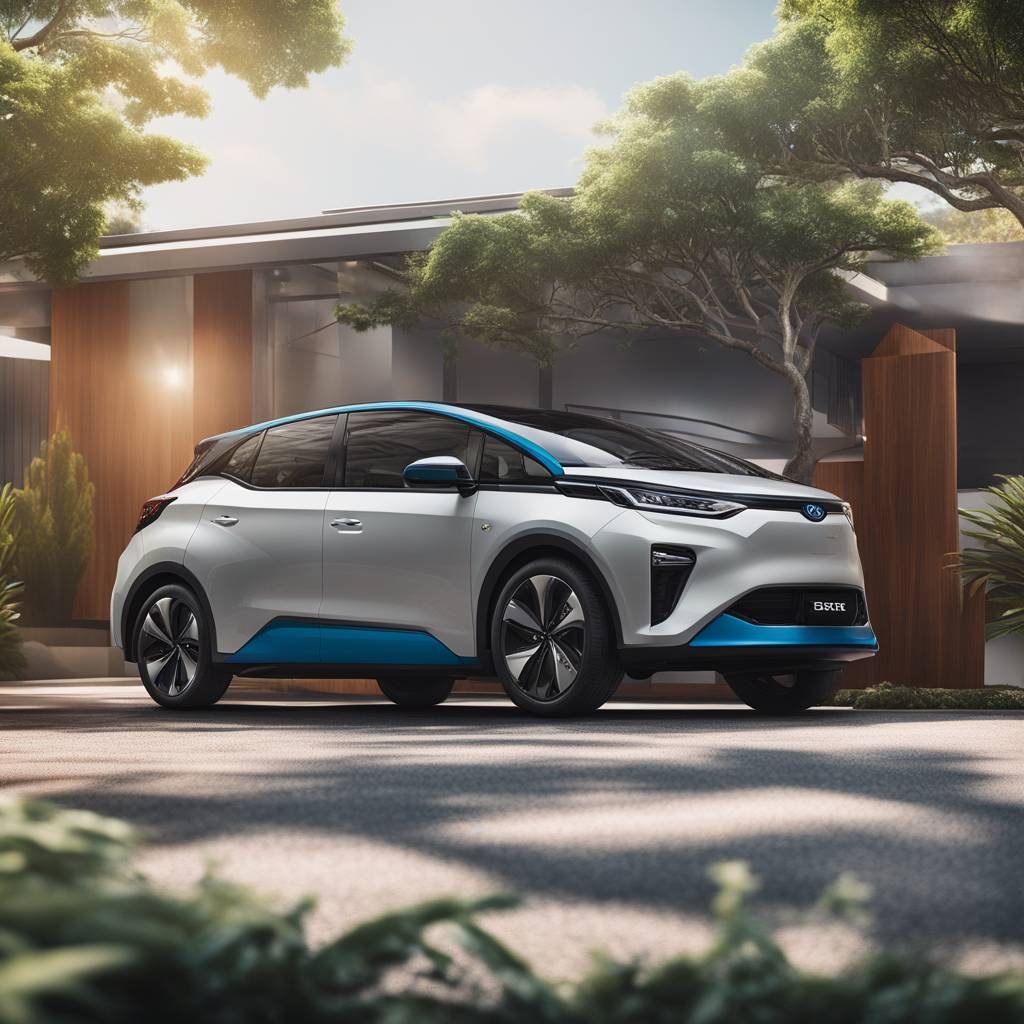Summary
- EV owners in Australia are calling for more chargers on the roads due to the increasing demand for electric and hybrid vehicles
- A NSW man filed a complaint with Fair Trading after his BYD EV would not power up using a Tesla charger
- There is no single universal standard for EV chargers in Australia, causing compatibility issues for some vehicles
- An expert from Swinburne University mentioned the need for collaboration between manufacturers to adopt a single standard for EV chargers
- Drivers are advised to do their research to find the appropriate charging networks for their EVs to avoid compatibility issues
Article
In Australia, electric vehicle (EV) owners are calling for more charging stations to keep up with the increasing demand for electric and hybrid vehicles. Despite experts, environmentalists, and mechanics agreeing that electric vehicles are the way of the future, EV owners are facing hurdles as more of these vehicles are introduced in the country. Recently, a NSW man filed a formal complaint with Fair Trading after his BYD electric vehicle would not power up using a Tesla charger. This incident highlights the compatibility issues that some EV owners are facing in Australia.
The response from NSW Fair Trading acknowledged a compatibility issue with some Tesla Superchargers for vehicles sold after October 2023. BYD Australia mentioned that they will test and ensure future compatibility with available charging networks but have no plans to retrofit or upgrade existing models. The EV owner’s complaint sparked a discussion online with other drivers sharing their own experiences and views on the matter. There is no single universal standard for EV chargers in Australia at the moment, leading to confusion and frustration among EV owners.
According to Professor Hussein Dia from Swinburne University, a unifying standard for EV chargers in Australia is essential to help consumers and streamline the charging process. Currently, there are several EV charging standards in Australia, with the CCS2 charger plug used by Tesla being the de facto standard. Drivers are advised to research and find charging stations that support their vehicle’s charging standards to avoid disappointment. Major charging networks like Evie, AmpCharge, Jolt, and Exploren support all standards, but availability may vary by location.
The industry’s fragmentation and lack of a universal standard make it challenging for EV owners to find compatible charging stations for their vehicles. Despite the increasing popularity of electric and hybrid vehicles in Australia, the issue of charging compatibility is unlikely to be resolved soon. EV owners continue to face challenges as they navigate the evolving landscape of electric mobility in the country. It is crucial for manufacturers to collaborate and adopt a single standard for EV chargers to improve the charging experience for consumers.
As the demand for electric vehicles grows in Australia, the need for more charging infrastructure becomes apparent. Addressing the compatibility issues and streamlining the charging process will be essential for the widespread adoption of electric vehicles in the country. EV owners, industry stakeholders, and government bodies must work together to establish a universal standard for EV chargers and ensure a seamless charging experience for all drivers. Despite the challenges, the future of electric mobility in Australia looks promising, with the potential for significant growth in the coming years.
Read the full article here



